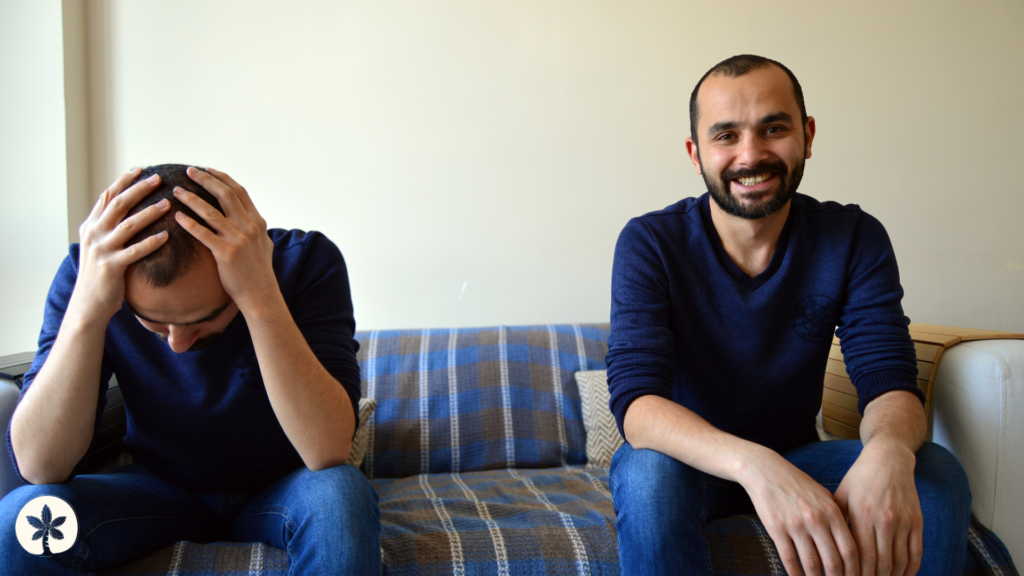
If you’re navigating depression, you may have noticed it doesn’t just affect your mood—it can also take a toll on your physical health. The mind and body are closely connected, and depression can influence your overall well-being in significant ways. Let’s take a closer look at how depression impacts physical health and explore strategies to support both your mental and physical well-being.
1. How Depression Affects Your Physical Health
a. Weakened Immune System
Depression can elevate stress hormones, such as cortisol, which may weaken your immune system. This makes it harder for your body to fend off infections, leaving you more susceptible to illness. Taking care of both mental and physical health is crucial to building resilience.
b. Chronic Pain and Fatigue
Depression often goes hand in hand with chronic pain or fatigue. The two conditions can feed into each other, making both harder to manage. Recognizing this link is important in finding relief and developing a treatment plan that addresses both aspects of your well-being.
c. Heart Health
Research has shown that depression can increase the risk of heart disease. Unhealthy habits, like a lack of exercise or reaching for comfort foods, may develop during low periods, which can take a toll on cardiovascular health. Addressing these behaviors early is essential for maintaining a healthy lifestyle.
d. Weight Changes
Depression can cause fluctuations in appetite, leading to either overeating or undereating. Both can affect weight and overall health, which can exacerbate feelings of fatigue or low energy. Creating balanced routines with nutrition and self-care can help stabilize both your physical and emotional state.
2. How Physical Health Affects Depression

a. Living with Chronic Illness
Chronic health conditions can significantly impact mental health. Living with conditions like arthritis or fibromyalgia may lead to feelings of frustration and hopelessness. Understanding the interplay between physical and emotional challenges can help you cope more effectively.
b. Hormonal Imbalances
Physical health issues such as thyroid disorders can cause hormonal changes that affect mood. These imbalances can lead to depressive symptoms, and addressing them can be a crucial part of your mental health treatment plan.
c. Sedentary Lifestyle
Physical limitations or a lack of exercise can contribute to depression. Exercise is known to boost mood, but when you’re feeling down, it can be hard to get started. Incorporating small, enjoyable activities into your routine can gradually lift your spirits.
3. The Importance of Integrated Care
Recognizing the connection between depression and physical health emphasizes the importance of treating both at the same time. Here are some strategies that can help you support your overall well-being:
- Holistic Care: Combining mental health support with medical care for physical conditions can lead to more comprehensive and effective treatment. Therapy, medication, and support groups can all be part of a plan to address both mind and body.
- Lifestyle Changes: Simple lifestyle changes, like regular movement, balanced meals, and prioritizing sleep, can make a big difference in both mood and energy levels. Finding activities you enjoy can help you stay consistent and feel better over time.
- Mindfulness Practices: Practices such as meditation and yoga can help manage physical pain and depressive symptoms. These practices promote relaxation and provide a sense of calm during stressful times.
- Communication with Healthcare Providers: It’s important to talk openly with your healthcare providers about both your mental and physical health. Working together can ensure that your treatment plan is tailored to your unique needs.
Wrapping It Up: A Journey Toward Healing

Understanding the connection between depression and physical health is a vital step toward healing. By addressing both, you can create a path to feeling better in both mind and body. Whether you’re dealing with depression in Brownsville, Harlingen, or McAllen, reaching out for support is a sign of strength. If you’re ready to take the first step toward feeling better, our team is here to help.

